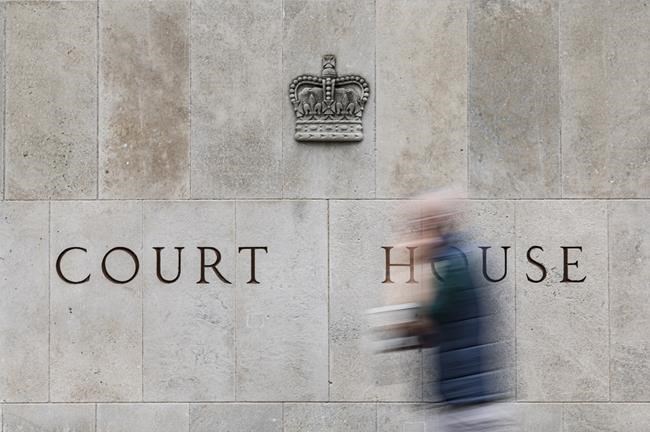OTTAWA — A judge has rejected the federal government's request to recover legal costs it incurred during a major Muslim charity's court bid to halt an audit of its activities.
In his ruling, handed down last month, Ontario Superior Court Justice Markus Koehnen said the Muslim Association of Canada's case served a valid public interest, even if it was unsuccessful.
The association, a grassroots Muslim charity, contends that a long-running Canada Revenue Agency audit of its activities is fundamentally tainted by systemic bias and Islamophobia.
The association said the audit violates Charter of Rights guarantees of equality and freedom of religion, expression and association.
The charity also said the government takes a wrong-headed approach from the outset by identifying the risk of terrorist financing with minority groups it labels as foreign, in particular Muslim organizations.
The attorney general argued the case should be dismissed, saying the revenue agency's selection of the association for an audit and the subsequent examination do not infringe Charter rights.
In a decision last September, Koehnen dismissed the charity's application to halt the audit, saying it was too early to intervene in the federal examination. The association is appealing that decision.
The federal attorney general subsequently sought more than $220,000 in expenses, while the association said no costs should be awarded.
In his latest ruling, Koehnen said while the ordinary rule is that the successful party is entitled to its expenses, in this case "each party should bear its own costs."
"This is one of those cases where departure from the ordinary rule is, in my view, appropriate."
Koehnen went further, saying the association's position had merit and had the application not been dismissed as premature, it "would probably have been successful."
The judge noted the revenue agency had completed all of the legwork for the audit and had issued a preliminary recommendation that the association's charitable status be revoked.
"The vast majority of the findings on which the revocation recommendation was based were, as noted in my reasons, ones that I did not believe would ever be used to revoke the charitable status of a Christian or Jewish charity," reads Koehnen's December decision.
Koehnen added that while the revenue agency process was not complete, the elements to date struck him "as being characterized by overreach" on the part of the agency.
"It was not unreasonable for the applicant to challenge the nature of the investigation. Doing so was is in the public interest and, one hopes, assists governmental agencies in refining their processes to ensure that minority groups are dealt with fairly and equitably," he wrote.
"In those circumstances, it is, in my view, more appropriate that each side bear its own costs."
This report by The Canadian Press was first published Jan. 4, 2024.
Jim Bronskill, The Canadian Press




